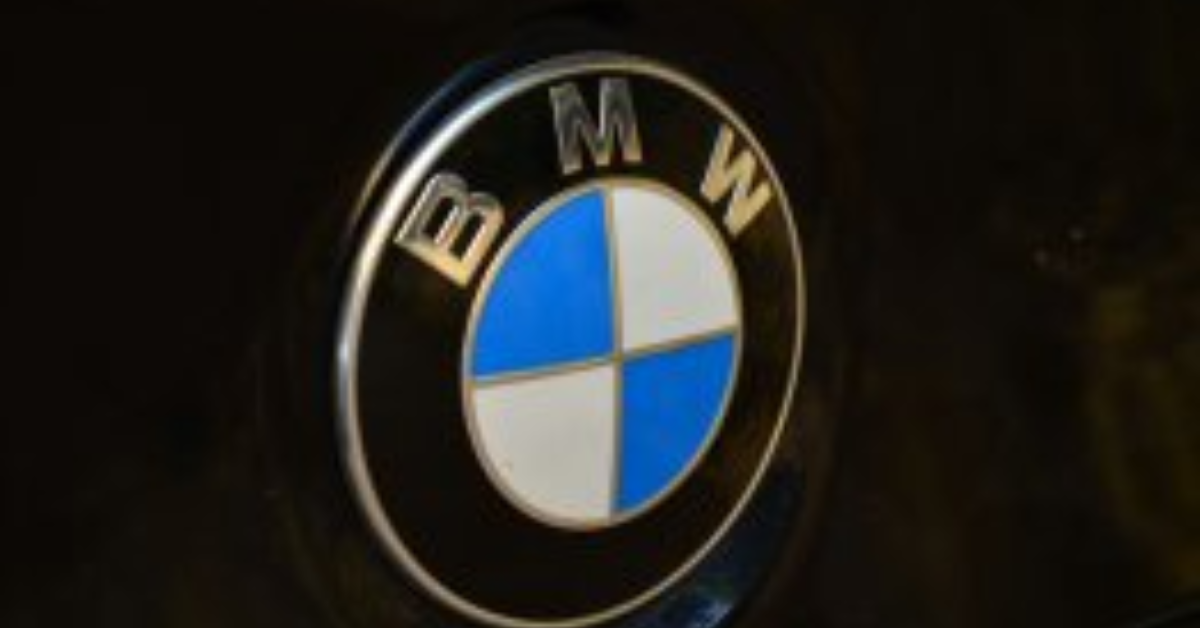BMW, one of the most prestigious luxury carmakers in the world, has recently announced a massive recall in the United States involving nearly 200,000 vehicles. The recall comes after concerns were raised about a potential fire risk, which could occur even when the vehicles are parked. For a brand that prides itself on engineering excellence and safety, this announcement has caught the attention of both BMW owners and the wider automotive industry.
In this blog, we will explore the details of the recall, the specific models affected, the causes of the fire hazard, and what this means for BMW owners and the automotive market as a whole.
Why Did BMW Recall These Cars?
Automakers recall vehicles when they identify a defect that could pose a safety risk to drivers, passengers, or others on the road. In BMW’s case, the recall has been issued due to a potential electrical short circuit in the vehicles’ positive crankcase ventilation (PCV) system heater.
The PCV heater is designed to prevent the engine’s ventilation system from freezing in cold weather. However, in these recalled BMW vehicles, the PCV heater can short-circuit, leading to overheating, and in rare cases, fire hazards. What makes this issue particularly concerning is that the risk remains even when the car is turned off, meaning fires could potentially start while the vehicle is parked.
Models Affected by the Recall
According to official reports, the recall affects a wide range of BMW vehicles spanning multiple years. While the exact list may vary slightly, the following models are included:
- BMW 3 Series (2010–2012)
- BMW 5 Series (2010–2013)
- BMW X3 (2011–2013)
- BMW X5 (2010–2013)
- BMW X6 (2010–2013)
- BMW Z4 (2011–2013)
In total, nearly 200,000 units of these models sold in the US are being recalled. It’s worth noting that this recall affects both gasoline and diesel-powered vehicles, depending on their configuration.
What Are the Risks for Owners?
The key danger associated with this recall is the risk of fire. Since the defect involves the PCV heater, which is an electrically powered component, it could overheat and potentially ignite.
- Fire While Parked – The short circuit risk persists even when the car is off, meaning a parked BMW could catch fire unexpectedly.
- Smoke or Burning Smell – Some owners may notice smoke, a burning odor, or warning lights before the situation escalates.
- Increased Insurance Concerns – Owners of affected vehicles might worry about parking in garages or near homes due to the fire hazard.
Although incidents of fire are rare, the risk is serious enough that BMW is urging all owners to take this recall seriously and contact dealerships as soon as possible.
BMW’s Response to the Recall
BMW has acted proactively by issuing the recall and working with the National Highway Traffic Safety Administration (NHTSA) in the United States. The company has assured owners that repairs will be carried out free of cost at authorized BMW dealerships.
- Notification to Owners – BMW will notify all affected owners through official letters and emails.
- Inspection and Replacement – Dealers will inspect the PCV heater system and replace the faulty components if necessary.
- Repair Timeline – Repairs are expected to be carried out in stages, as dealerships receive replacement parts.
BMW has also advised owners of affected vehicles to park their cars outdoors until the repairs are completed, as a precautionary measure against potential fire risks.
Has BMW Faced Similar Issues Before?
Interestingly, this is not the first time BMW has had to recall vehicles over fire-related risks. In the past, the company issued recalls for issues related to:
- Electrical faults in wiring harnesses.
- Heater blowers that could overheat.
- Fuel system leaks that raised fire concerns.
These repeated issues raise questions about quality control and long-term reliability in some BMW models. However, it’s worth noting that recalls are common across the automotive industry—even luxury brands like Mercedes-Benz, Audi, and Tesla have faced similar large-scale recalls.
What Should BMW Owners Do?
If you own a BMW and are concerned about whether your car is part of this recall, here are the steps you should follow:
- Check Recall Status – Visit the official BMW recall page or the NHTSA website. By entering your Vehicle Identification Number (VIN), you can check if your car is affected.
- Contact Your Dealer – Call your local BMW dealership to confirm whether your vehicle requires inspection or repairs.
- Park Safely – Until your car is fixed, consider parking it outside and away from flammable structures.
- Look for Warning Signs – Pay attention to unusual smells, smoke, or dashboard warning lights related to the engine.
BMW has made it clear that all necessary repairs will be conducted free of charge, ensuring owners do not face additional financial burdens.
Impact on BMW’s Reputation
BMW is regarded worldwide as a symbol of performance, luxury, and reliability. However, large-scale recalls like this can affect public perception.
- Consumer Trust – While recalls may dent confidence temporarily, how BMW handles the situation will be more important in the long run.
- Brand Loyalty – Transparent communication and swift repairs can help BMW maintain loyalty among its existing customers.
- Competition Pressure – With rivals like Mercedes-Benz, Lexus, and Audi competing in the luxury car market, BMW must ensure its quality standards remain high.
In many cases, recalls don’t significantly harm a brand if handled responsibly. By acting quickly and prioritizing safety, BMW may even strengthen its reputation as a company that values customer well-being.
The Bigger Picture: Automotive Recalls Are Increasing
It’s important to note that BMW is not alone in facing recalls. In recent years, major automakers such as Toyota, Ford, General Motors, and Hyundai have also issued recalls affecting millions of cars.
The reasons include:
- Stricter emission and safety regulations.
- Increasing reliance on electronic components in vehicles.
- The complexity of modern vehicles with hybrid and electric powertrains.
Recalls, while inconvenient, are ultimately a sign that safety systems and regulatory bodies are working as intended to protect consumers.
Conclusion
The recall of nearly 200,000 BMW vehicles in the US due to fire risk is a serious issue, but it also highlights the company’s commitment to prioritizing safety. For affected owners, the key is to act quickly—check your vehicle’s recall status, contact your dealership, and follow BMW’s advice on parking and usage until repairs are made.
While recalls can momentarily affect a brand’s reputation, BMW’s proactive approach and free repair service are steps in the right direction. For consumers, this incident is a reminder of the importance of staying updated about recalls and understanding that even premium vehicles are not immune to safety defects.
The 2026 recall will undoubtedly be a talking point in the automotive industry, but for BMW, it is also an opportunity to demonstrate responsibility, regain customer trust, and ensure that its vehicles remain not just luxurious, but safe.

Hello, my name is Muskan Kumari and I am an experienced Digital Marketer. I have been blogging for the last 3 years and I have special interest in SEO. Here I give you easy bikes and writes easy-to-understand reviews and news about the latest bikes, helping readers choose the best options.. My aim is to always provide you with accurate, new and useful information.










